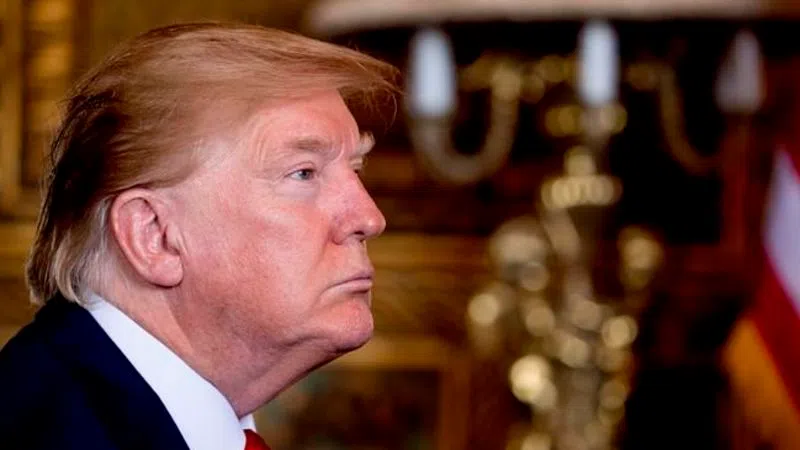
‘Civilization is at stake’: Democrats versus Trump will be 2020’s main event
WASHINGTON — If history is indeed written by the victors, the story of America’s epic 2020 title fight will read either like a heroic Hollywood script or a Season-8 “Simpsons” farce, depending on who wins.
In the far-right corner, Donald J. Trump — the self-proclaimed American champion of a “Rocky” sequel storyboard, right down to the movie-poster meme of his face atop the rippling torso, star-spangled trunks and Republican-red gloves of 1982-era Sylvester Stallone.
To his legion of critics, however, he’s more like Homer J. Simpson’s oblivious, thick-headed boxer who can’t be knocked over: bloodied and bruised by the rope-a-dope of indictments, impeachment and Nancy Pelosi, he somehow stays upright, still spoiling for a fight.
Whether he’s Rocky Balboa or “the Brick Hithouse,” this U.S. president won’t go down easily.


